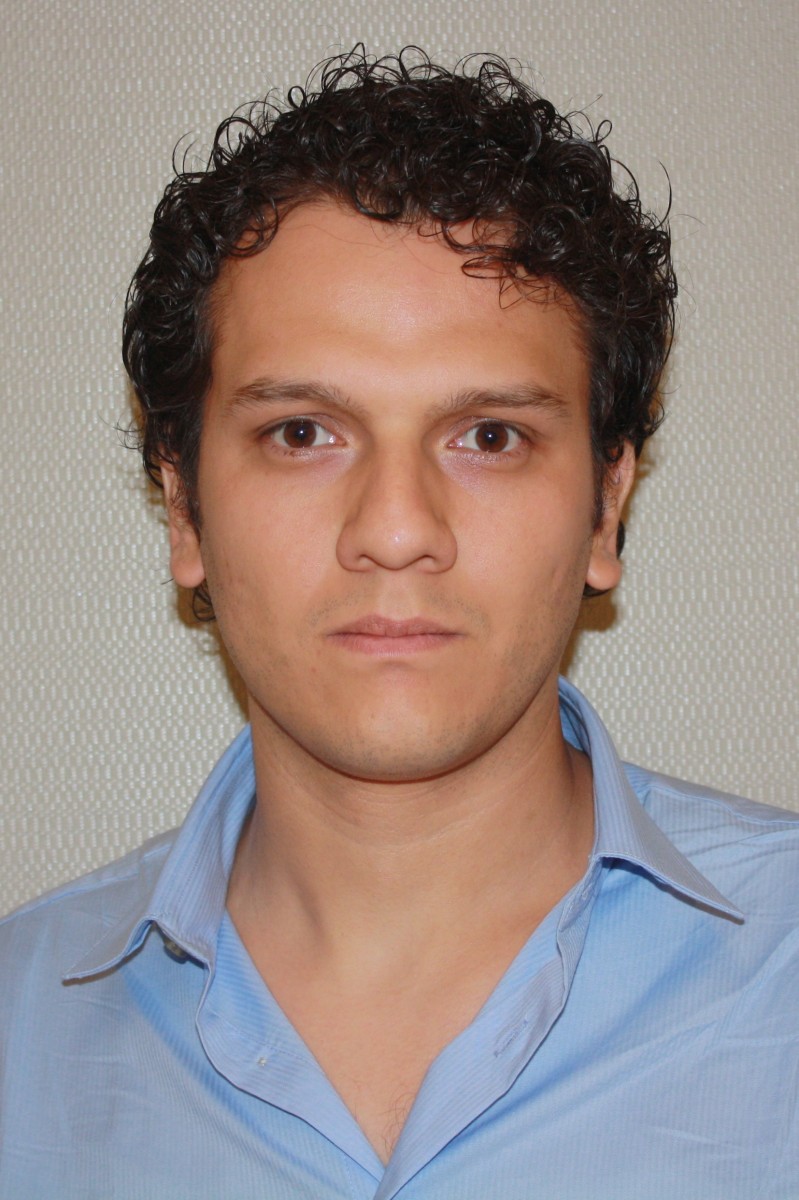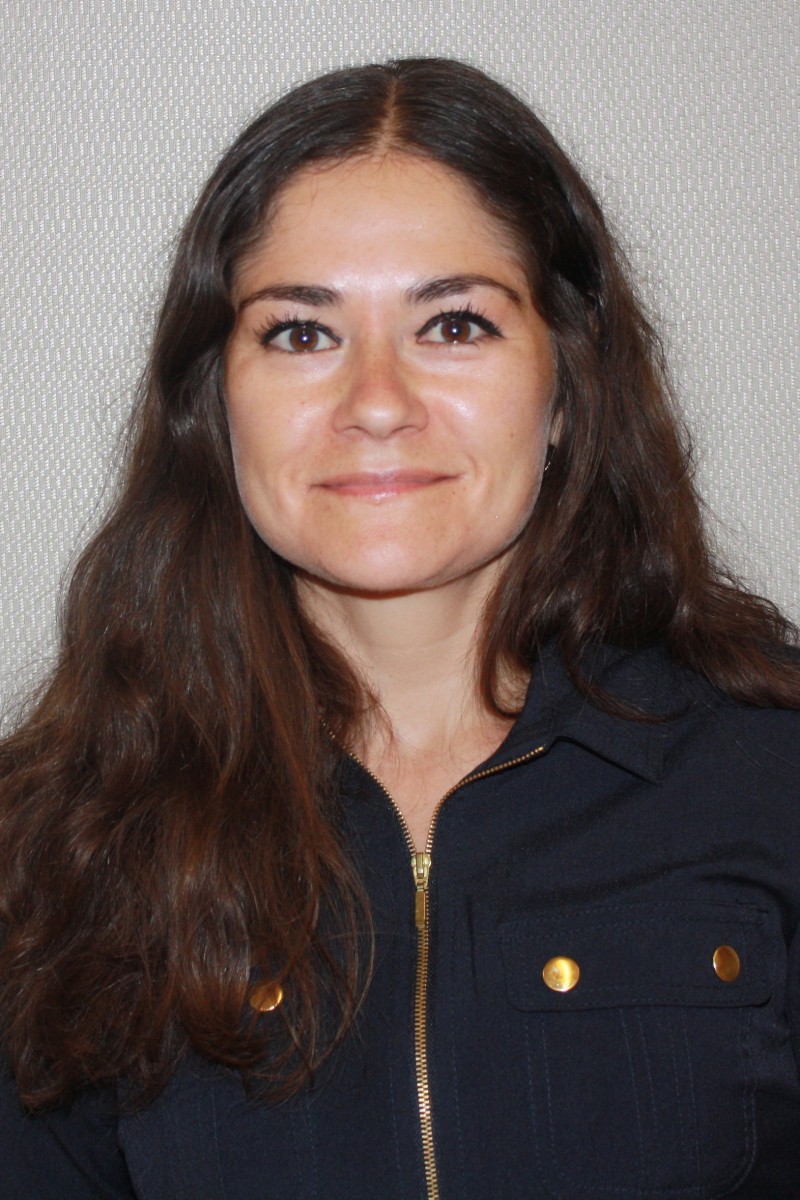
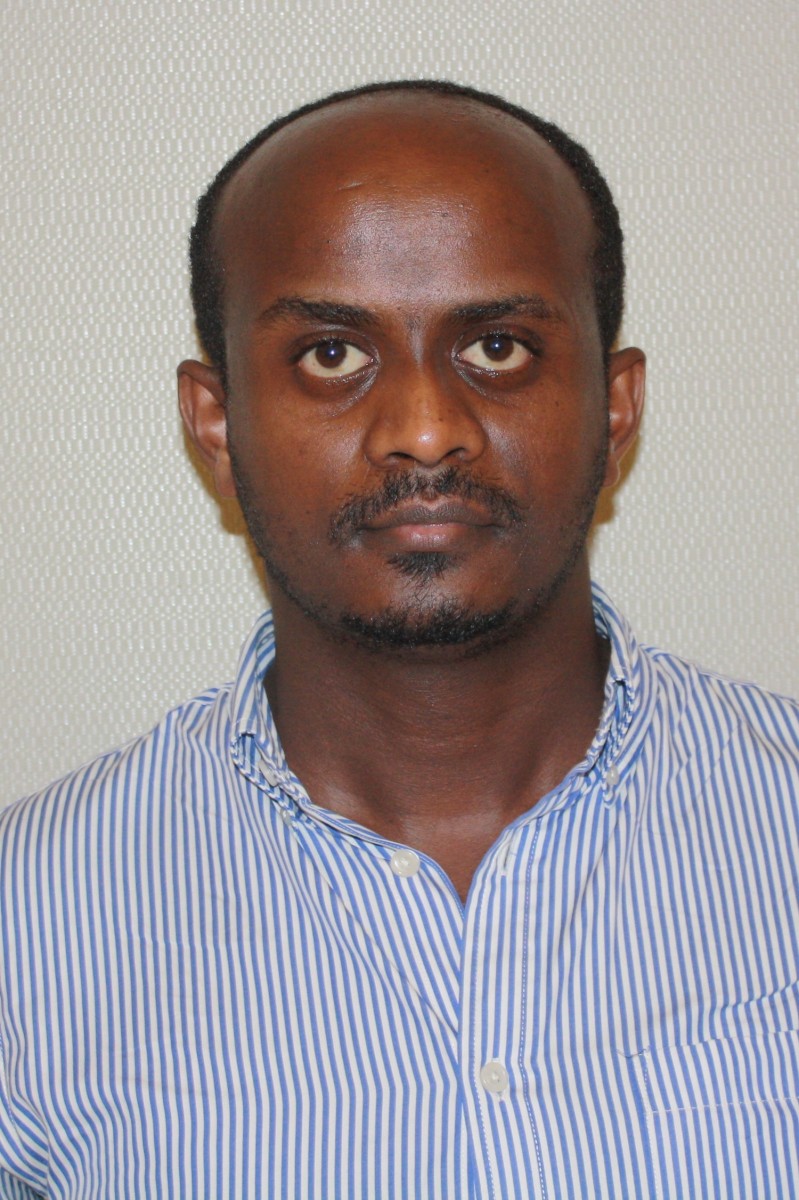
Seife Ayalew Asfaw was born and raised in Ethiopia. He received his LLB degree in Law and MA in Human Rights from Mekelle University and Addis Ababa University School of Law respectively. He is a human rights lawyer with experience in local and international non-government organizations, local human rights advocacy groups and academic institutions with a successful track record in training, advocacy, public interest litigation, research and teaching. He has extensive experience in conceptualization, proposal writing and designing strategic plans for local and international organizations. He has an extensive experience in research, project writing, grant making and legal consultancy on various thematic areas of law. His area of expertise is on topics related to democratic governance, human rights advocacy and civil society engagement. He has provided extensive consultancy service for a number of local and international organizations on issues related to governance, advocacy and human rights programing.
As a lecturer of law at School of Law in Addis Ababa University, he tough a range of public law courses and a flagship university based community service programme called Access to Justice Project. He was recently managing the Addis Ababa University Public Interest Law, Clinical legal Education Program. Seife has been the first recipient of the Rubin International Human Rights Award 2014 from University of Stanford Law School.
Seife published a monograph entitled “Foreign Policy as a Mean for Advancing Human Rights: An Inquiry into US-Ethiopia Relations, Post_1991” and contributed a book Chapter entitled "Collision of Norms-Domestic Politics and International Human Rights Standards: Commentary on Ethiopian
Charities and Societies Proclamation" in Ethiopian and Wider African Perspectives on Human Rights and Good Governance in a collaborative book project with Addis Ababa University and University of Graz. As a PhD student at S-CAR, his current research interest is on developmental state model and the politics of participation in relation to democratization in Ethiopia focusing on comparative cases in Africa.
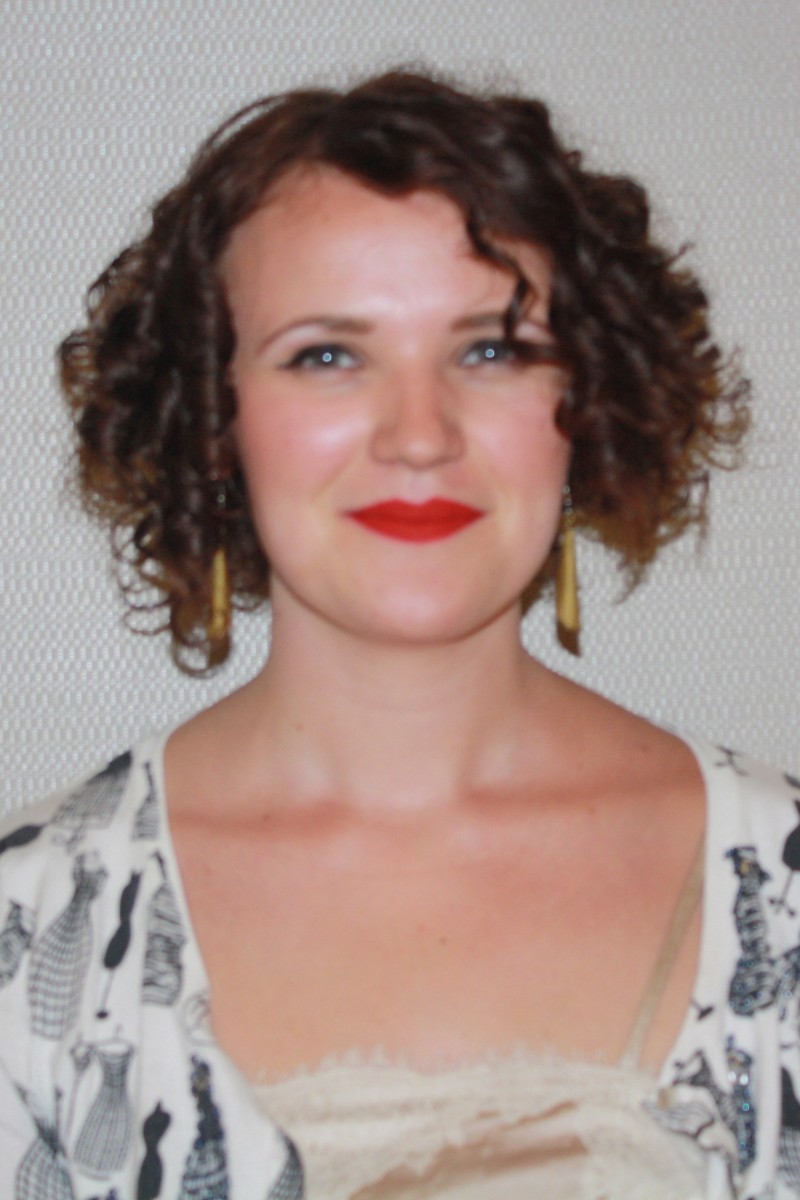 Samantha Borders is a graduate of the University of Exeter, receiving a Distinction in the MA Palestine Studies program and worked under Israeli historian and human rights activist, Ilan Pappe. She has worked as Development Officer at Project Hope Nablus in the Occupied Palestinian Territories, a freelance journalist, and as a campaign organizer for Palestine solidarity campaigns in the UK and US. Her publications range from academic journals to poetry compilations, though her primary focus is the Israeli-Palestinian conflict and social issues throughout the Levant. Borders regularly guest lectures at universities and solidarity campaigns regarding various issues related to Palestine.
Samantha Borders is a graduate of the University of Exeter, receiving a Distinction in the MA Palestine Studies program and worked under Israeli historian and human rights activist, Ilan Pappe. She has worked as Development Officer at Project Hope Nablus in the Occupied Palestinian Territories, a freelance journalist, and as a campaign organizer for Palestine solidarity campaigns in the UK and US. Her publications range from academic journals to poetry compilations, though her primary focus is the Israeli-Palestinian conflict and social issues throughout the Levant. Borders regularly guest lectures at universities and solidarity campaigns regarding various issues related to Palestine.
Her research has primarily focused on the construction of historical narrative in relation to Christianity’s connection with the modern Middle East. Because of her keen desire to positively and constructively contribute to the situation in Israel and Palestine, Borders developed an interest in SCAR’s PhD program and is eager to engage in studying conflict in historical narrative. She seeks to promote conflict resolution through deeper understanding of the religious subaltern voices at play and their integral position in the peacemaking process.
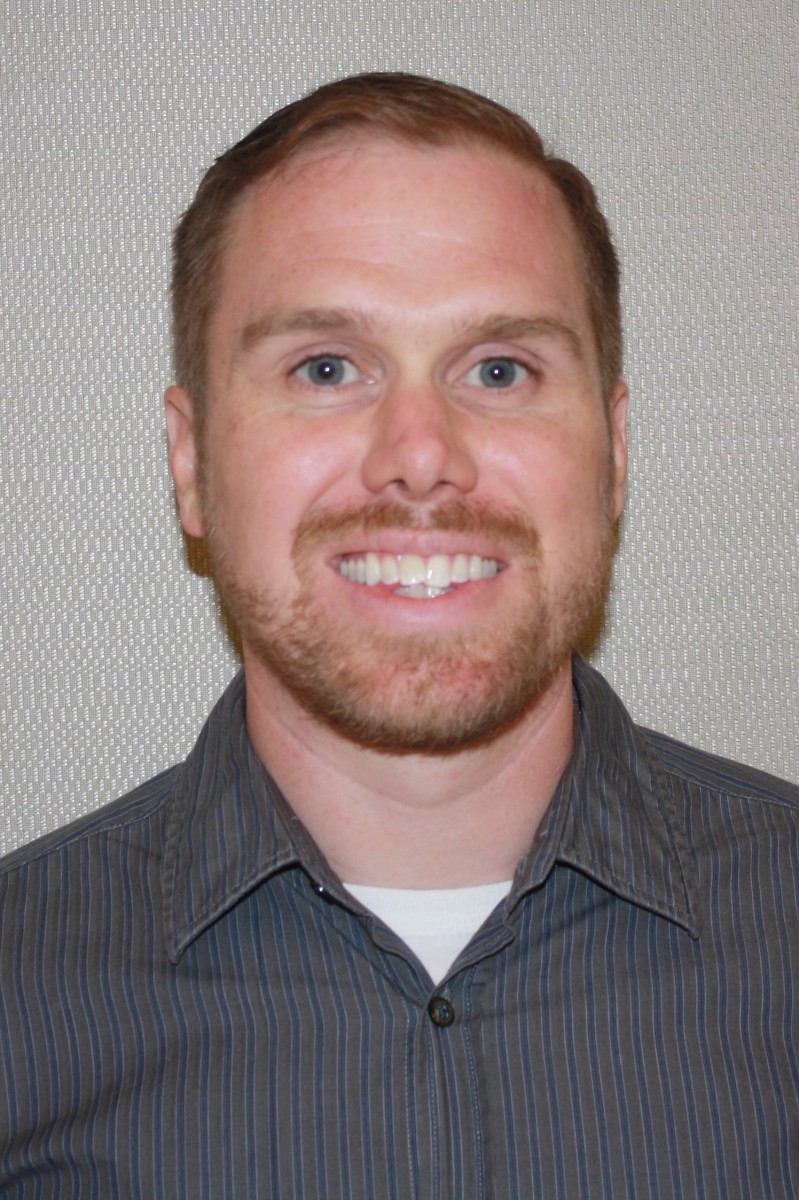 Charles Davidson was born and raised in the mid-south. After serving in both the Army and Navy, he graduated from the University of Arkansas with a Bachelor’s in International Relations and Middle Eastern Studies. After college he taught English to the Afghan National Air Corps in Kabul, Afghanistan. A year in Kabul strengthened his desire to work continually in conflict areas and to address sustainability issues at the community and regional levels. In 2009, he founded an NGO, ForgottenSong, which works to establish self-reproducing, small business initiatives in war-torn countries and he has since lived/worked in Iraq, Afghanistan, Uganda, Lebanon, Colombia, Burundi, Jordan, and the Democratic Republic of the Congo.
Charles Davidson was born and raised in the mid-south. After serving in both the Army and Navy, he graduated from the University of Arkansas with a Bachelor’s in International Relations and Middle Eastern Studies. After college he taught English to the Afghan National Air Corps in Kabul, Afghanistan. A year in Kabul strengthened his desire to work continually in conflict areas and to address sustainability issues at the community and regional levels. In 2009, he founded an NGO, ForgottenSong, which works to establish self-reproducing, small business initiatives in war-torn countries and he has since lived/worked in Iraq, Afghanistan, Uganda, Lebanon, Colombia, Burundi, Jordan, and the Democratic Republic of the Congo.
After completing his Masters degree in Cultural Anthropology, his desire to focus on continued education drove him to apply to GMU. He now lives in Washington, D.C. and is married to his wife Abby. Charles is also a Member National of the Explorer's Club and is part owner of a chocolate company, Hello Cocoa, based in Arkansas.
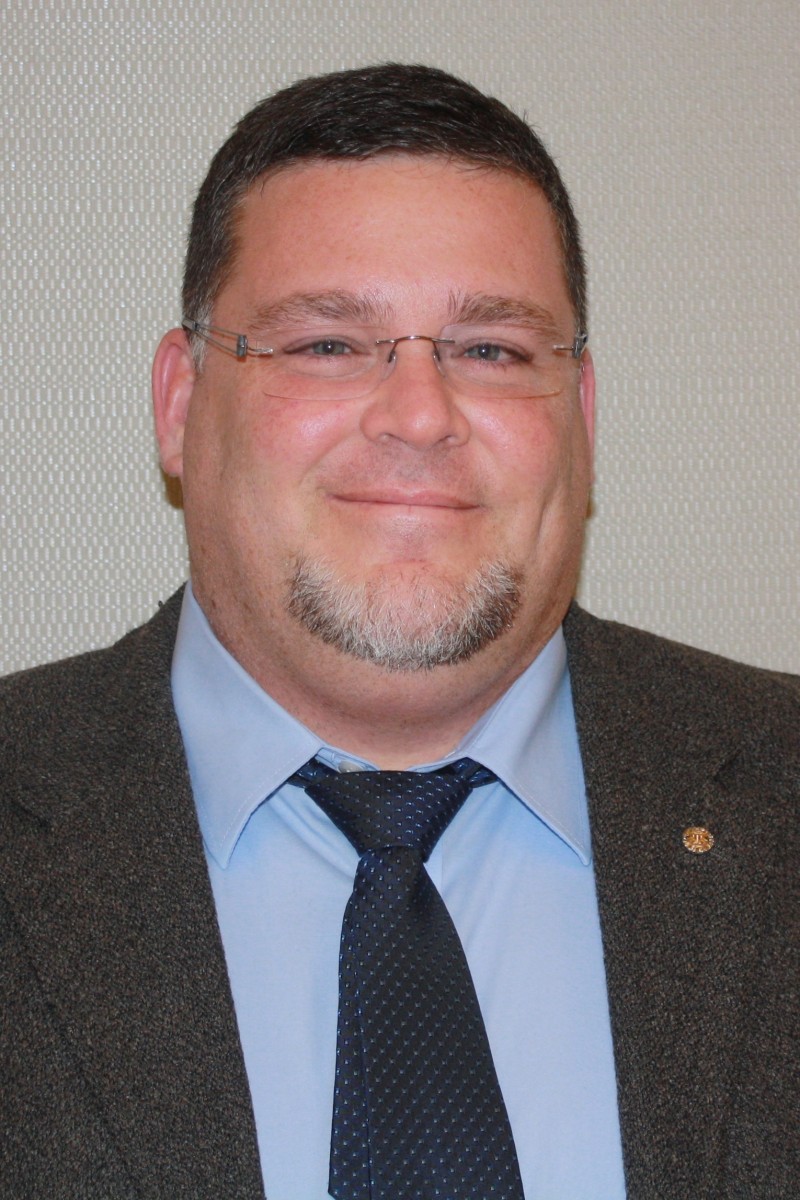 John DeRosa continues to serve over twenty years as a soldier, officer, and civilian in the U.S. Department of Defense. Concurrently, he is an Adjunct Associate Professor in the Government and Politics Department at University of Maryland University College. He is a past fellow with the Center on Global Interests, Massachusetts Institute of Technology's Seminar XXI, and the Institute of Advanced Analysis. John is a member of the Military Writers Guild, a contributor to professional journals, and authored a chapter in Attack the Enemy’s Strategy: Lessons from Counterinsurgency Operations. He authored entries in the Encyclopedia of Military Science that include the topics of: Al Qaeda, Coalition Provisional Authority, Department of the Army, and Quadrennial Defense Review. He received a MSc in Conflict Analysis and Resolution from George Mason University, a MA in National Security Studies, and a BA in Economics from California State University, San Bernardino. As a PhD student at S-CAR, John would like to discover how societies in the midst of conflict collectively generate relationships patterns contributing to locally sustainable security guarantees. This research should inform the development of non-coercive alternatives to traditional security interventions engaging societies in a manner better suited in resolving security dilemmas.
John DeRosa continues to serve over twenty years as a soldier, officer, and civilian in the U.S. Department of Defense. Concurrently, he is an Adjunct Associate Professor in the Government and Politics Department at University of Maryland University College. He is a past fellow with the Center on Global Interests, Massachusetts Institute of Technology's Seminar XXI, and the Institute of Advanced Analysis. John is a member of the Military Writers Guild, a contributor to professional journals, and authored a chapter in Attack the Enemy’s Strategy: Lessons from Counterinsurgency Operations. He authored entries in the Encyclopedia of Military Science that include the topics of: Al Qaeda, Coalition Provisional Authority, Department of the Army, and Quadrennial Defense Review. He received a MSc in Conflict Analysis and Resolution from George Mason University, a MA in National Security Studies, and a BA in Economics from California State University, San Bernardino. As a PhD student at S-CAR, John would like to discover how societies in the midst of conflict collectively generate relationships patterns contributing to locally sustainable security guarantees. This research should inform the development of non-coercive alternatives to traditional security interventions engaging societies in a manner better suited in resolving security dilemmas.
Cesar Estrada was born and raised in Mexico. He holds a Bachelor in International Relations from El Colegio de San Luis, and received an MS in International Cooperation for Development from the Instituto Mora, in Mexico City. For the Bachelor degree he researched the relationship between communication, power and violence through the study of the presidential discourse amidst the so called “war on drugs”, and the justification of a military response that led to civilians deaths and widespread human rights violations.
For his M.Sc. he analyzed the phenomenon of human trafficking and exploitation in Mexico, and the role of the international cooperation agencies in the prevention of trafficking and assistance to victims. He completed an internship at the International Organization for Migration. There he had the great opportunity to collaborate in providing assistance to migrants, many of them whom had fled harsh conditions of violence in Central America.
His particular interest is in the work of Professor Sara Cobb on Narratives and Conflict Resolution.He would like to explore social narratives amidst Mexico’s extreme political violence and human rights violations. How is violence interpreted? Which are the notions of justice? How are victims seen from the different social actors? Which narratives promote violence and which ones propose peaceful actions to resolve the crisis of violence? All of these are questions that will guide his research work at SCAR.
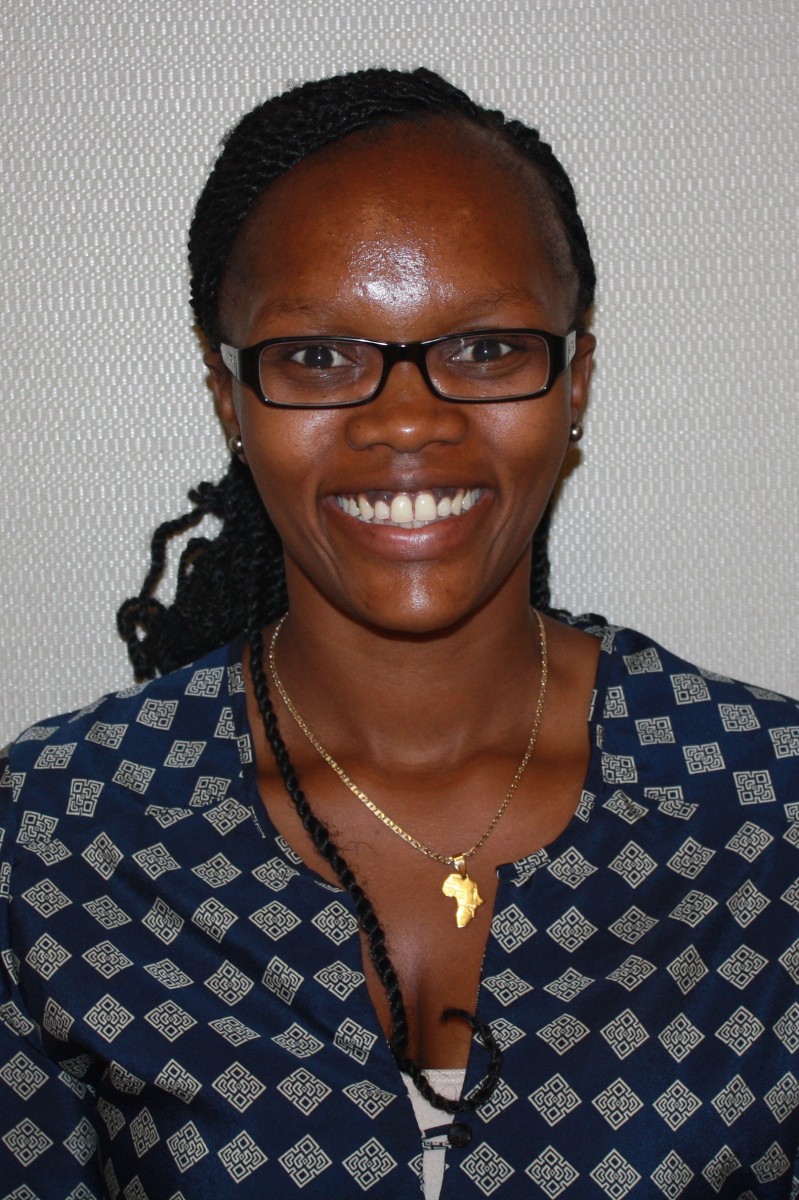 Claudine Kuradusenge, originally from Rwanda, graduated with a Master’s in Conflict Analysis and Resolution from George Mason University’s School for Conflict Analysis and Resolution, Arlington, VA. Her primary area of interest is post-conflict identity transformation in relationship to history, memory, and competing narratives. A large portion of her work has been focusing on voluntary and involuntary migration. She has work with groups such as International Students, Refugees, and Diaspora. Her latest research was exploring the narrative of identity, sense of victimhood, and copying mechanism among the Hutu Diaspora Community in Belgium. Her interest in the Diasporic identity has led her to be a board member of two Diaspora NGOs based in the DMV as well as starting her own NGO.
Claudine Kuradusenge, originally from Rwanda, graduated with a Master’s in Conflict Analysis and Resolution from George Mason University’s School for Conflict Analysis and Resolution, Arlington, VA. Her primary area of interest is post-conflict identity transformation in relationship to history, memory, and competing narratives. A large portion of her work has been focusing on voluntary and involuntary migration. She has work with groups such as International Students, Refugees, and Diaspora. Her latest research was exploring the narrative of identity, sense of victimhood, and copying mechanism among the Hutu Diaspora Community in Belgium. Her interest in the Diasporic identity has led her to be a board member of two Diaspora NGOs based in the DMV as well as starting her own NGO.
In addition to that, she has been actively engaged in dialogues and initiatives regarding social justice and trauma healing issues. She has developed and conducted workshops on identity transformation, narrative deconstruction and construction, and trauma awareness.Finally, the two current projects she is the most excited about are the construction of a new framework of racial identity focusing on the concept of skin-color as a global racial stigma, and the study of genocide diaspora communities through identity politics and contention politics.
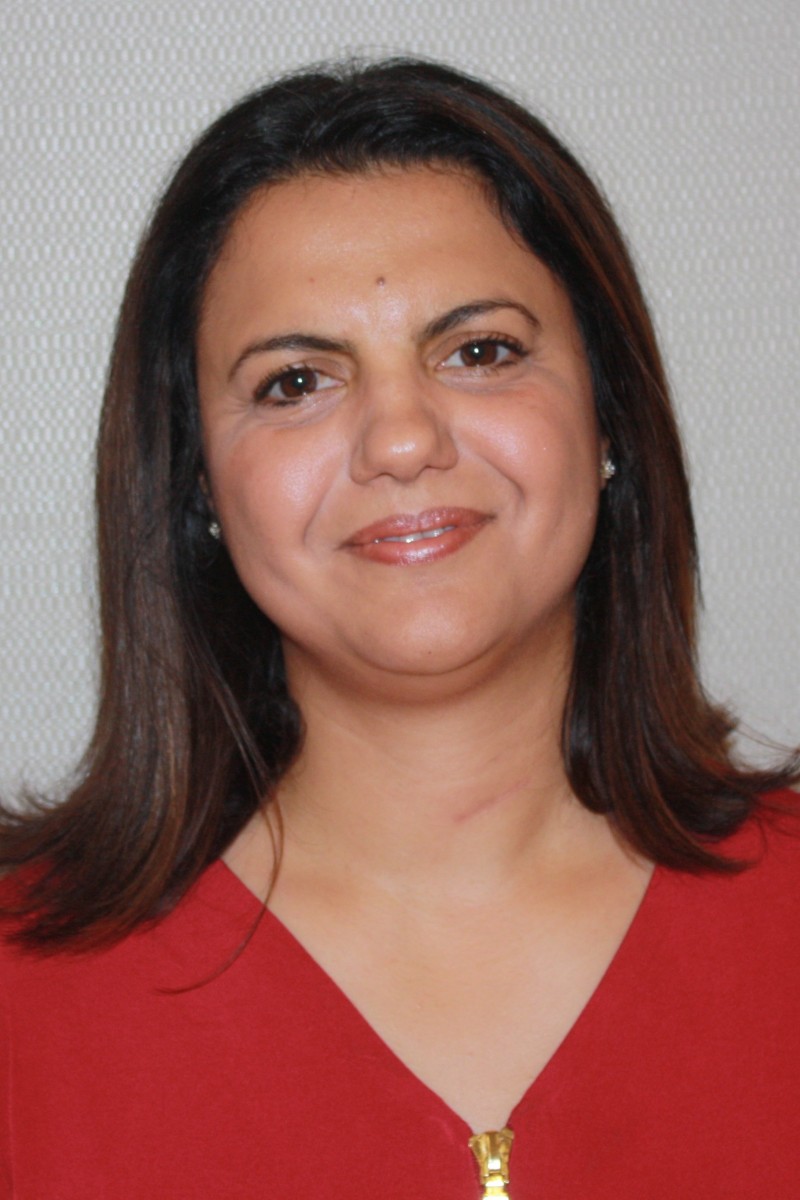 Najla Mangoush is a lawyer and a professor of law, with a focus on war-to-peace transitions, and peace processes. She is interested in political negotiations, religion and violence,conflict resolution, peace-building and promoting social justice.She is a practitioner in restorative justiceand customary practices.
Najla Mangoush is a lawyer and a professor of law, with a focus on war-to-peace transitions, and peace processes. She is interested in political negotiations, religion and violence,conflict resolution, peace-building and promoting social justice.She is a practitioner in restorative justiceand customary practices.
She was a Fulbright Scholar, when she receiced her MA in Conflict Transformation from the Center for Justice and Peace-building (CJP) at Eastern Mennonite University (Harrisonburg, VA). She is fluent in English, a native Arabic speaker, and has developed a deep understanding of conflict and context in and around the Middle East while working as a country representative for the United States Institute of Peace in Libya.
A lawyer in criminal law and previous senior staff member of Libya’s National Transitional Council, she is a trailblazer among multiple civil society organizations in Libya. She has worked as the head of the Public Engagement Unit during the Libyan Revolution which focused on the role of civil society. As lead organizer of first and second civil society large-scale seminars, she helped bring together civil society and decision-makers in a collaborative non-violent approaches towards peace.
She presented a webinar “New Vision: A Hybrid Approach Toward Integrating Customary Justice Practices and Restorative Justice in Libya” for the Zehr Institute of Restorative Justice. Currently she is focused on two research areas: Identity narratives of uprooted Libyan women and interviewing indigenous justice leaders in their roles as local mechanisms to resolve conflict.
Lieutenant Colonel Angelica Martinez is an active duty U.S. Army Officer and Strategist. Originally from Santa Fe, New Mexico, she joins the PhD program after serving in the U.S. Consulate in Jerusalem focused on the peace process, plans, and assessments. Her research interests include conflict transformation, narrative theory, and the Israeli-Palestinian conflict. She is a graduate of the Virginia Military Institute and holds a MA in Security Studies and International Negotiation and Conflict Resolution from the Fletcher School of Law and Diplomacy and a MA in Military Arts and Science from the U.S. Army School of Advanced Military Studies. Prior to serving in Jerusalem, she worked in the Bureau of Conflict Stabilization Operations in the U.S. Department of State. In this capacity she served as a Political Officer and Election Observer in Senegal. She also worked on grassroots initiatives to curb violence in Honduras and Guatemala.
While serving as an Assistant Professor of International Relations at the U.S. Military Academy, Angelica taught core undergraduate courses as well as a course entitled, "Winning the Peace" designed to provide students with an opportunity to learn about different cultures, religions, and the challenges associated with conflict environments. She also taught cultural immersion courses, placing students in nongovernmental organizations in West Africa and Latin America as a way to understand local dynamics and challenges. Throughout her Army career, Angelica served in conflict environments in the Balkans, the Middle East, and West Africa. She also contributed to defense dialogues Indonesia and Poland, and most recently taught a course on plans and strategy in Tbilisi, Georgia. She is the co-author of the book Women’s Roles in the Middle East and North Africa.
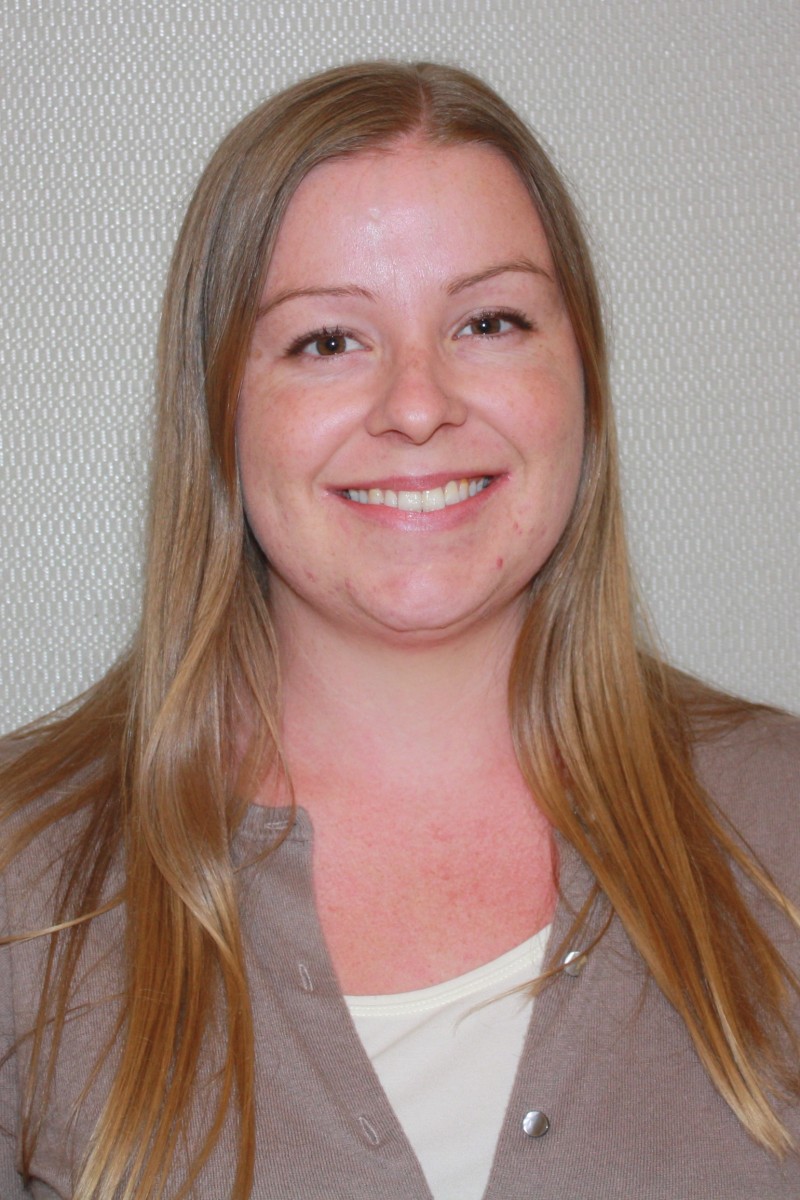 Birgit Moore is originally from Washington, D.C. and received her BA in Political Science and International Studies from Northwestern University in 2007. As an undergraduate student, Brigit studied abroad in Seville, Spain. Shortly after graduating, she started working at The Fund for American Studies, where she has managed international academic programs for students from around the world to study government, political economy, and conflict management. She currently directs their academic program in Hong Kong and a year-long public policy fellowship.
Birgit Moore is originally from Washington, D.C. and received her BA in Political Science and International Studies from Northwestern University in 2007. As an undergraduate student, Brigit studied abroad in Seville, Spain. Shortly after graduating, she started working at The Fund for American Studies, where she has managed international academic programs for students from around the world to study government, political economy, and conflict management. She currently directs their academic program in Hong Kong and a year-long public policy fellowship.
While working at TFAS, Brigit received a MA in International Peace and Conflict Resolution, with a concentration in Peacebuilding and Development, from American University’s School of International Service in 2011. Her thesis on the Kimberley Process examined both its effectiveness and its replicability in the Democratic Republic of the Congo. While at AU, she was also active in the Dialogue Development Group, participating in and leading formal dialogues, and took part in conflict mediation training.
At S-CAR, Brigit hopes to continue her research on the links between resources and conflict. She is specifically interested in the effects of resource conflicts on the environment as well as the peacebuilding opportunities provided by resources and environmental conservation efforts.
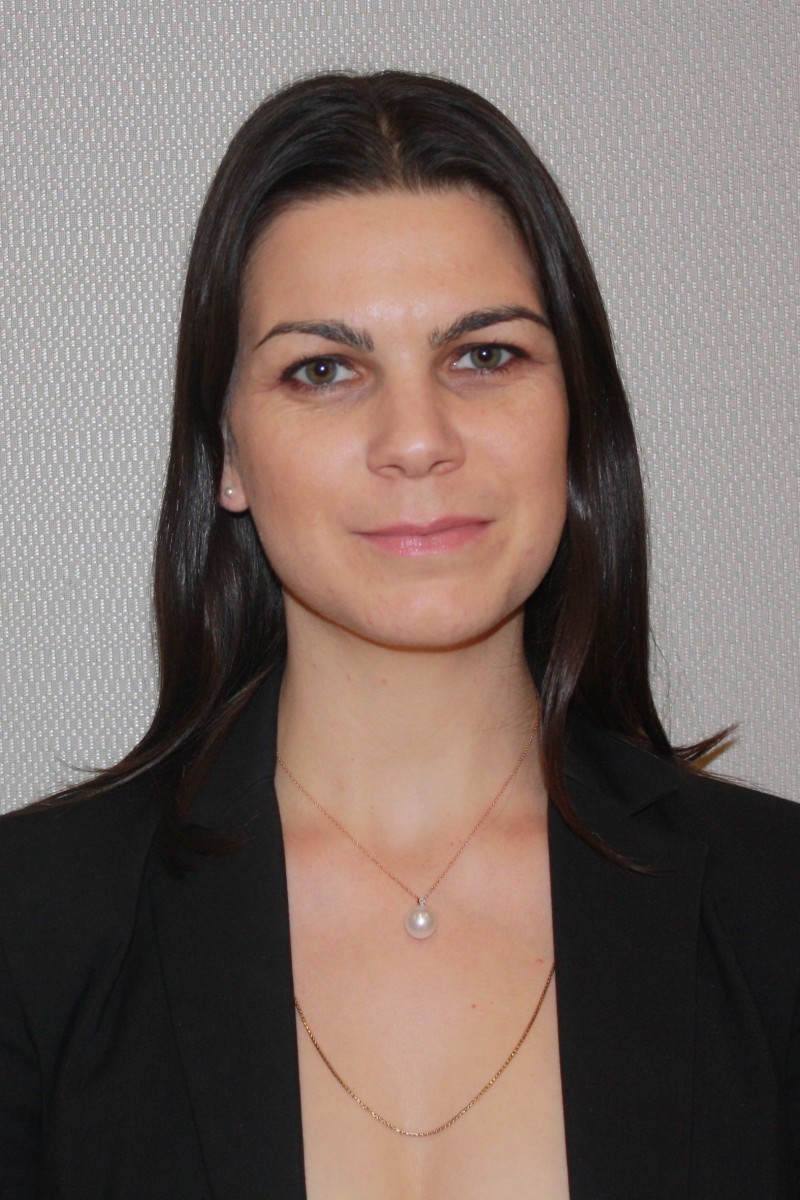 Karin Orr comes to the PhD program with six years of experience in conflict resolution, gender-based violence (GBV) prevention, and international development. She earned her BA in Community Studies from the University of California, Santa Cruz. She holds an MA in International Policy from the Middlebury Institute of International Studies at Monterey in California. During her graduate studies, she became enchanted by the field of Conflict Resolution and selected it as her specialization. Karin has worked in the field of development and human rights in over 15 countries. Her regional focus is East Africa and Latin America – where she has both travelled and worked in multiple capacities. She has used her Spanish language skills in rural Peru when working alongside a forensic team and in rural El Salvador on a waste management plan. She gained experience in project management and advocacy over the four years she worked as Program Manager of The Advocacy Project – a non-profit that advocates for marginalized communities around the world. In this position, she supported human rights campaigns on GBV prevention, women’s health, and disability rights.
Karin Orr comes to the PhD program with six years of experience in conflict resolution, gender-based violence (GBV) prevention, and international development. She earned her BA in Community Studies from the University of California, Santa Cruz. She holds an MA in International Policy from the Middlebury Institute of International Studies at Monterey in California. During her graduate studies, she became enchanted by the field of Conflict Resolution and selected it as her specialization. Karin has worked in the field of development and human rights in over 15 countries. Her regional focus is East Africa and Latin America – where she has both travelled and worked in multiple capacities. She has used her Spanish language skills in rural Peru when working alongside a forensic team and in rural El Salvador on a waste management plan. She gained experience in project management and advocacy over the four years she worked as Program Manager of The Advocacy Project – a non-profit that advocates for marginalized communities around the world. In this position, she supported human rights campaigns on GBV prevention, women’s health, and disability rights.
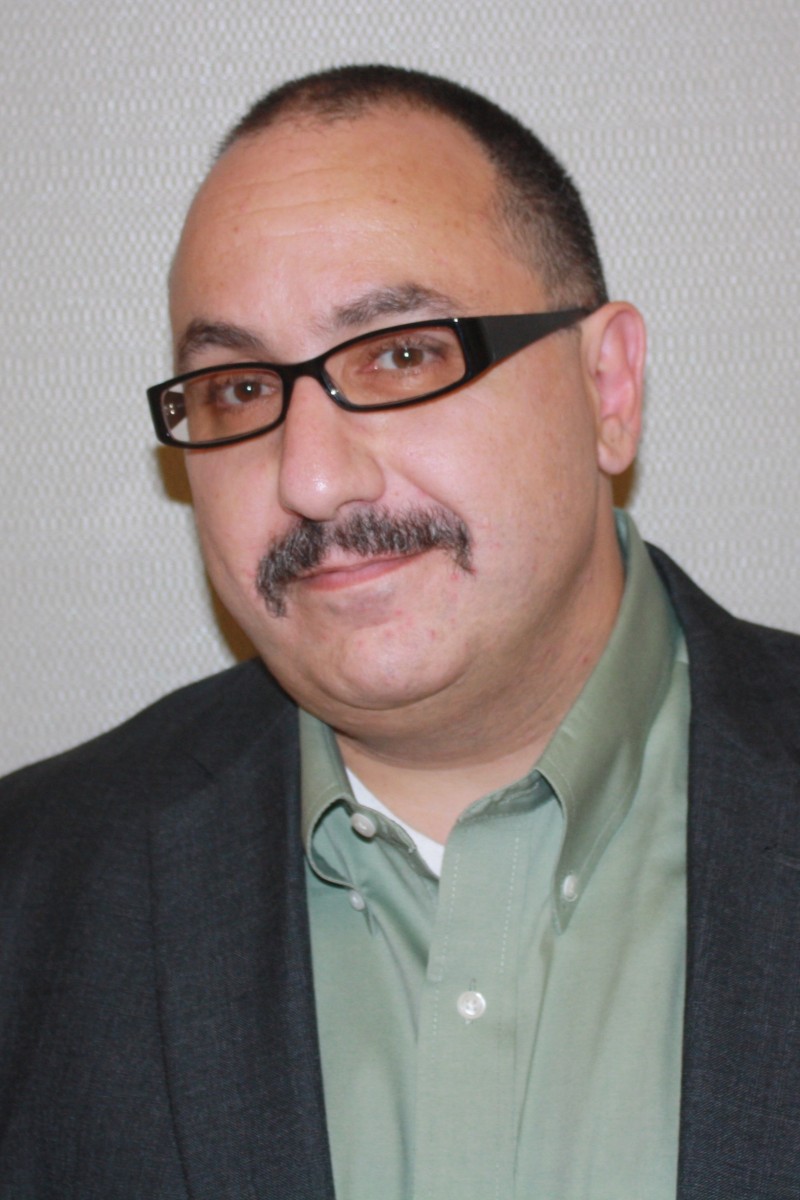 Kysia Ramzi is an Arab-American pacifist and peaceworker. He has worked as a nonviolence trainer and organizer on a number of peace and justice campaigns in the U.S., Europe, and the Middle East. He holds a BA in English and an MA in Global Affairs from George Mason University. His research interests include narrative theory, gender, and the relationship between vulnerability and human rights.
Kysia Ramzi is an Arab-American pacifist and peaceworker. He has worked as a nonviolence trainer and organizer on a number of peace and justice campaigns in the U.S., Europe, and the Middle East. He holds a BA in English and an MA in Global Affairs from George Mason University. His research interests include narrative theory, gender, and the relationship between vulnerability and human rights.
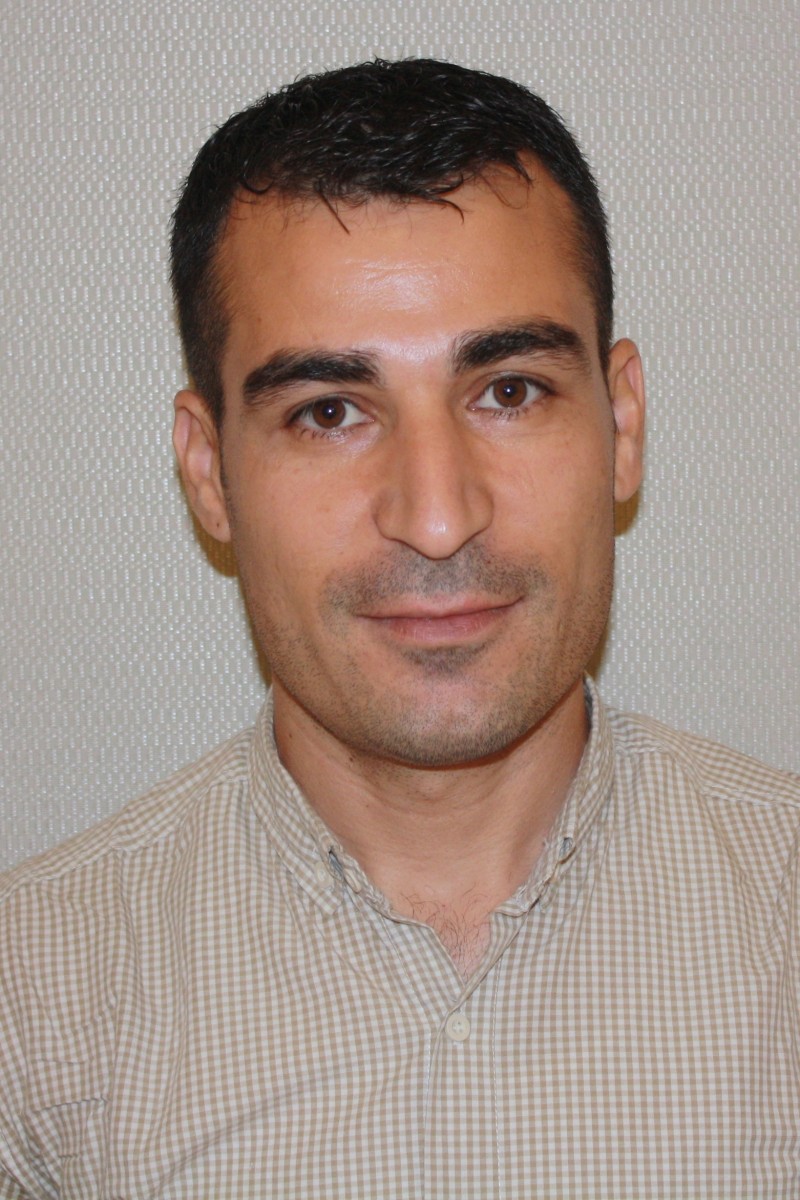 Roj Eli Zalla was born and raised in Kurdistan Region. He received his Bachelor’s in Politics and International Relations at University of Kurdistan-Hewler. He holds Master’s degree in Coexistence and Conflict Resolution from Brandeis University in Greater Boston. Roj worked as an independent contractor for US Army’s Civil Affairs Team in Iraq, where he provided interpretation and cultural advice to the US army in the disputed territories of Iraq. Following his work with US army he has been working for a number of Kurdish and international media companies monitoring, translating, and editing mainly in Kurdish. His research interests include minority struggles for greater cultural and political rights, separatist movements, and conflict-media relations.
Roj Eli Zalla was born and raised in Kurdistan Region. He received his Bachelor’s in Politics and International Relations at University of Kurdistan-Hewler. He holds Master’s degree in Coexistence and Conflict Resolution from Brandeis University in Greater Boston. Roj worked as an independent contractor for US Army’s Civil Affairs Team in Iraq, where he provided interpretation and cultural advice to the US army in the disputed territories of Iraq. Following his work with US army he has been working for a number of Kurdish and international media companies monitoring, translating, and editing mainly in Kurdish. His research interests include minority struggles for greater cultural and political rights, separatist movements, and conflict-media relations.


